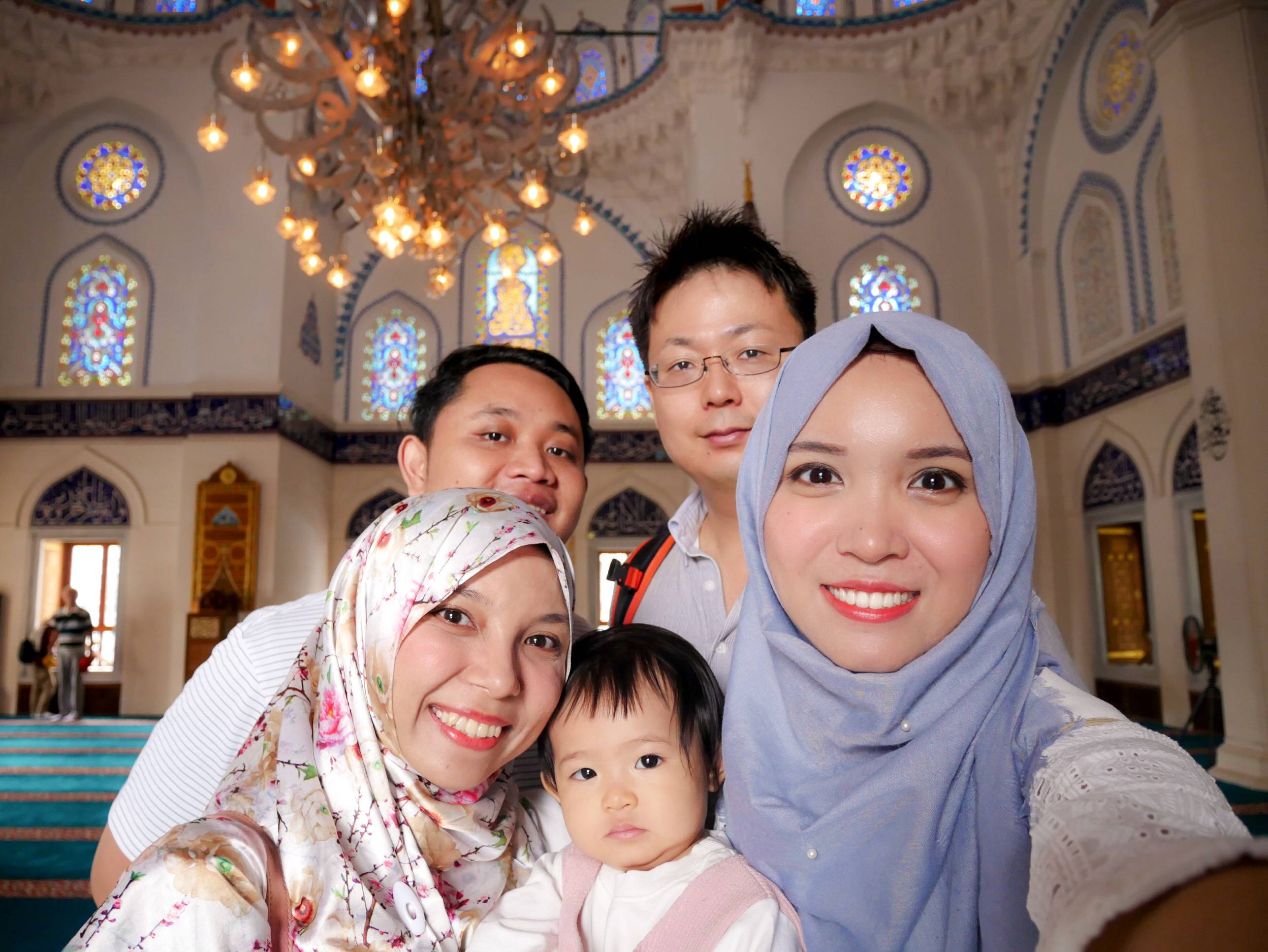Normally, Indonesia-born Nazaya Zulaikha, 31, would go to one of her preferred mosques in Tokyo at least once a week during the Muslim holy month of Ramadan to break her fast there, feasting on the meal provided alongside large groups of people. During the COVID-19 pandemic, that has no longer been an option.
This year, iftar (the breaking of the fast) was again a homebound affair for many Muslims in Japan, and what used to be grand, communal gatherings were replaced with much smaller celebrations. Many mosques closed their doors for iftar and taraweeh (special night prayers during Ramadan) or only held them under strict social distancing measures. Zulaikha, who works for Food Diversity Inc., which promotes halal food in Japan, hasn’t gone to the mosque in over a year now, and instead spent Ramadan with her family, making her home celebrations a bit more elaborate than she would otherwise to compensate for not being able to go out. “It’s pretty lonely, actually,” she says, although she feels the experience has also shown her the importance of family and connection.
With the number of Muslims in Japan steadily increasing over the past few decades, Ramadan celebrations are becoming more prevalent. Research by Waseda University Professor Emeritus Hirofumi Tanada shows there were an estimated 230,000 Muslims in Japan by late 2019, up from between 60,000 and 70,000 in 2004.



